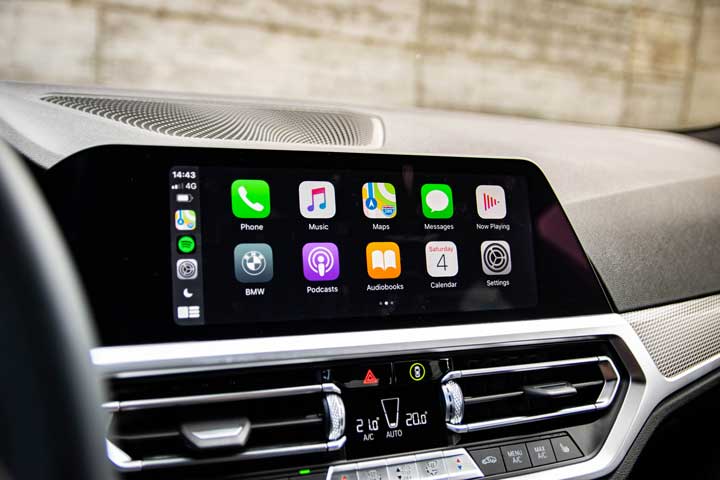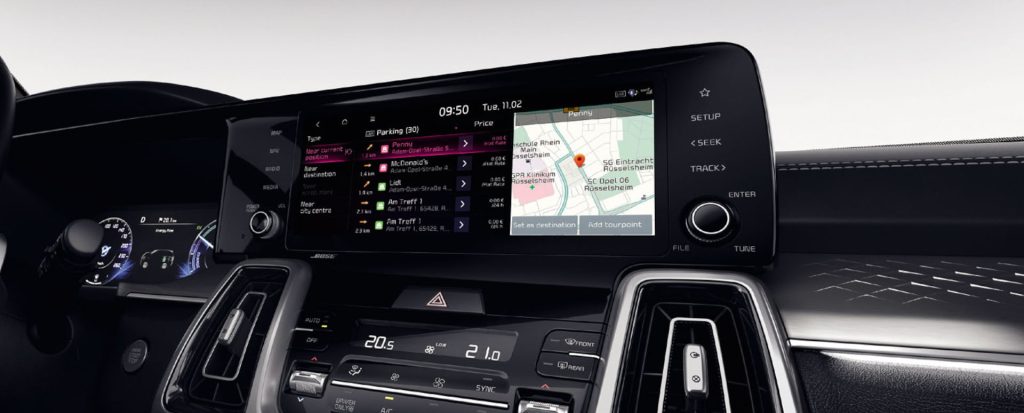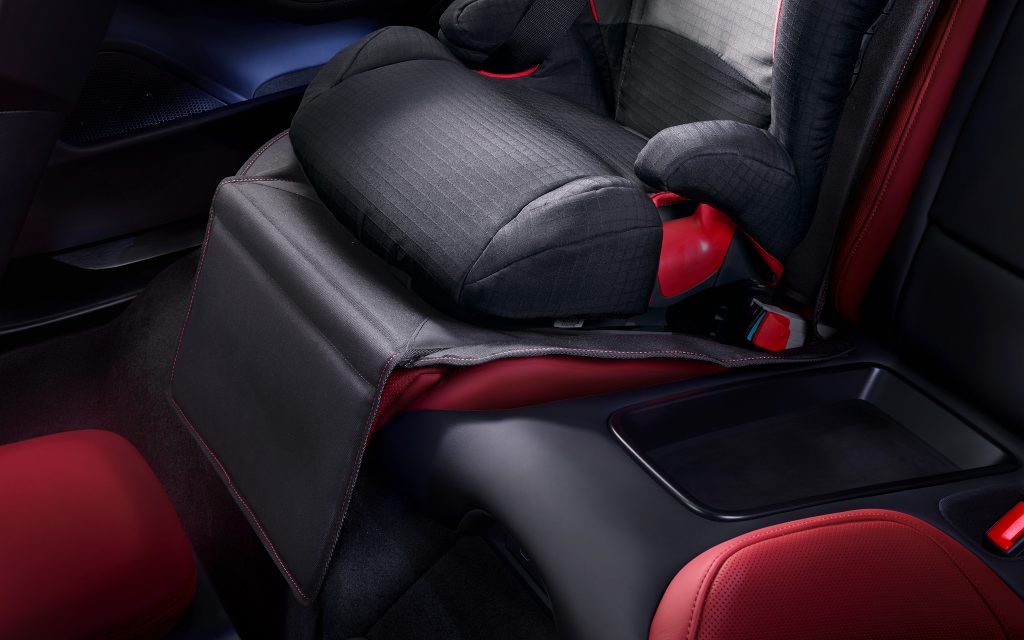Introduction:
In today’s digital age, cars are no longer just modes of transportation; they have become mobile entertainment hubs equipped with sophisticated infotainment systems. These systems seamlessly integrate navigation, communication, entertainment, and vehicle control features, enhancing the driving experience for passengers and drivers alike. In this comprehensive guide, we’ll delve into the diverse uses, advantages, and disadvantages of car infotainment systems, shedding light on why they have become essential components of modern vehicles.
Uses of Car Infotainment Systems:
1. Navigation:
One of the primary uses of car infotainment systems is navigation. These systems utilize GPS technology and real-time traffic data to provide turn-by-turn directions, route optimization, and points of interest along the way. Whether commuting to work or embarking on a road trip, built-in navigation ensures that drivers reach their destinations efficiently and hassle-free.
2. Entertainment:
Car infotainment systems offer a plethora of entertainment options to keep passengers entertained during journeys. From streaming music and podcasts to watching videos and playing games, these systems provide on-demand access to a wide range of multimedia content. Many infotainment systems also support connectivity with smartphones and other devices, allowing passengers to enjoy their favorite media on the go.
3. Communication:
Integrated communication features are another key aspect of car infotainment systems. Hands-free calling, voice commands, and text messaging capabilities enable drivers to stay connected with friends, family, and colleagues while keeping their hands on the wheel and eyes on the road. Advanced systems may also support voice-activated virtual assistants for performing tasks such as making reservations or sending emails.
4. Vehicle Control:
Beyond entertainment and communication, car infotainment systems offer control over various vehicle settings and functions. Drivers can adjust climate controls, customize driving modes, monitor fuel efficiency, and access diagnostic information—all from the convenience of the infotainment interface. This integration of vehicle control features enhances convenience and efficiency while driving.
Advantages of Car Infotainment Systems:
1. Enhanced Connectivity:
Car infotainment systems facilitate seamless connectivity between vehicles and external devices such as smartphones, tablets, and wearable gadgets. Bluetooth, Wi-Fi, and USB connectivity options enable passengers to stream music, access navigation apps, and interact with their devices without distractions or interruptions.
2. Improved Safety:
Contrary to popular belief, car infotainment systems can enhance safety by minimizing distractions and allowing drivers to focus on the road ahead. Hands-free calling, voice commands, and integrated navigation reduce the need for manual interaction with devices, thereby reducing the risk of accidents caused by distracted driving.
3. Personalization:
Car infotainment systems offer a high degree of personalization, allowing drivers to customize settings, preferences, and profiles according to their individual needs and preferences. From adjusting audio settings to saving favorite destinations, these systems adapt to the unique preferences of each driver, enhancing comfort and convenience while on the road.
4. Entertainment Options:
With a wealth of entertainment options at their fingertips, passengers can enjoy a more enjoyable and entertaining travel experience. Whether listening to music, watching videos, or playing games, the variety of multimedia content available through car infotainment systems ensures that passengers stay entertained and engaged during journeys of any length.

Disadvantages of Car Infotainment Systems:
1. Distraction Potential:
While car infotainment systems can enhance safety when used responsibly, they also have the potential to be distracting if drivers interact with them while driving. Engaging with touchscreen interfaces, entering navigation destinations, or browsing multimedia content can divert attention away from the road, increasing the risk of accidents.
2. Complex Interface:
Some car infotainment systems feature complex interfaces that may be difficult for users to navigate, especially while driving. Multiple menus, submenus, and settings can lead to confusion and frustration, detracting from the user experience and potentially causing distraction or frustration for drivers and passengers.
3. Reliability Issues:
Car infotainment systems rely on software and hardware components that may be prone to malfunctions or glitches. Software bugs, system crashes, and hardware failures can disrupt functionality and render certain features unusable, affecting the overall user experience and requiring maintenance or troubleshooting to resolve.
4. Cost:
Advanced car infotainment systems with premium features and capabilities can significantly increase the cost of a vehicle. While basic systems may be included as standard or optional equipment on some models, upgrading to more advanced systems with additional features such as navigation, premium audio, and connectivity options can come at a substantial cost.
Conclusion:
In conclusion, car infotainment systems have revolutionized the driving experience by integrating navigation, communication, entertainment, and vehicle control features into a single interface. With their diverse uses, advantages, and disadvantages, these systems offer convenience, connectivity, and entertainment for drivers and passengers alike. While they enhance safety, improve connectivity, and personalize the driving experience, they also pose challenges such as distraction potential, complex interfaces, reliability issues, and cost considerations. Ultimately, the decision to invest in a car infotainment system depends on individual preferences, needs, and priorities, but their widespread adoption underscores their importance as essential components of modern vehicles.



